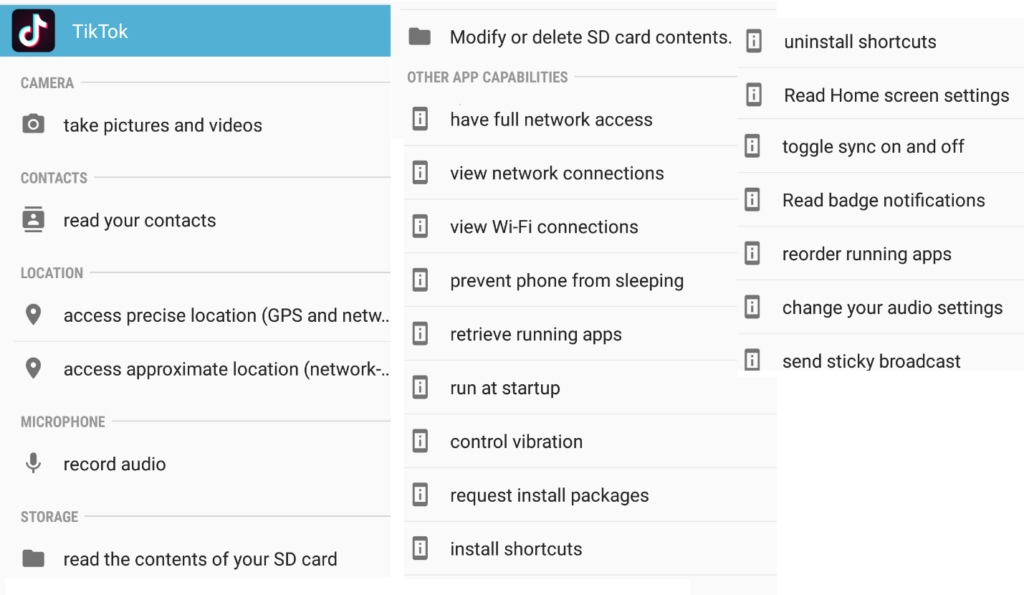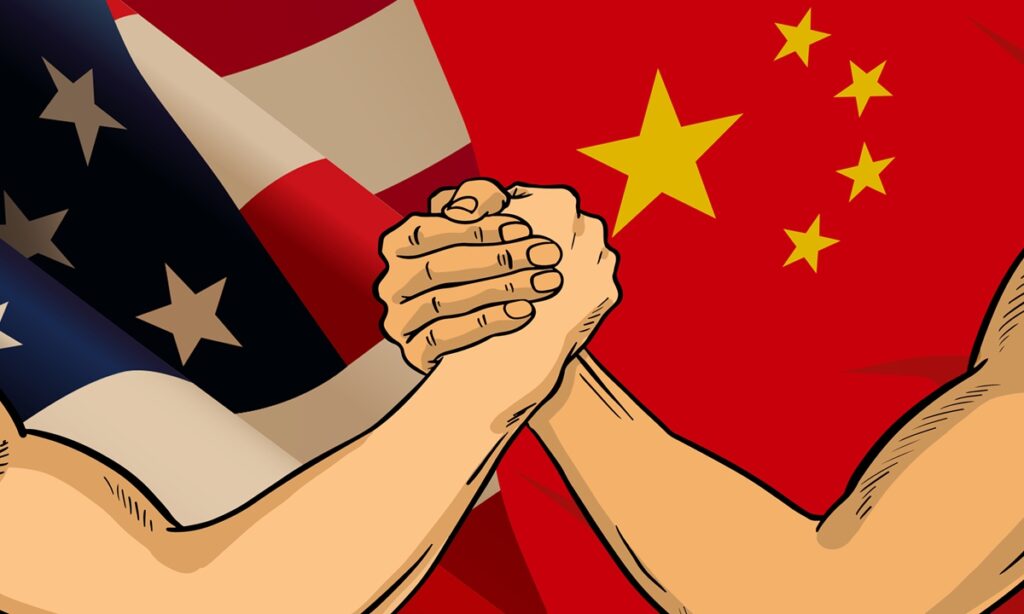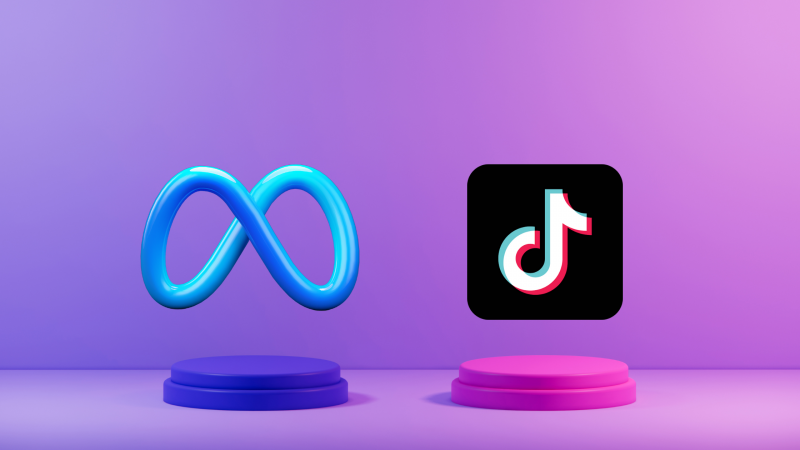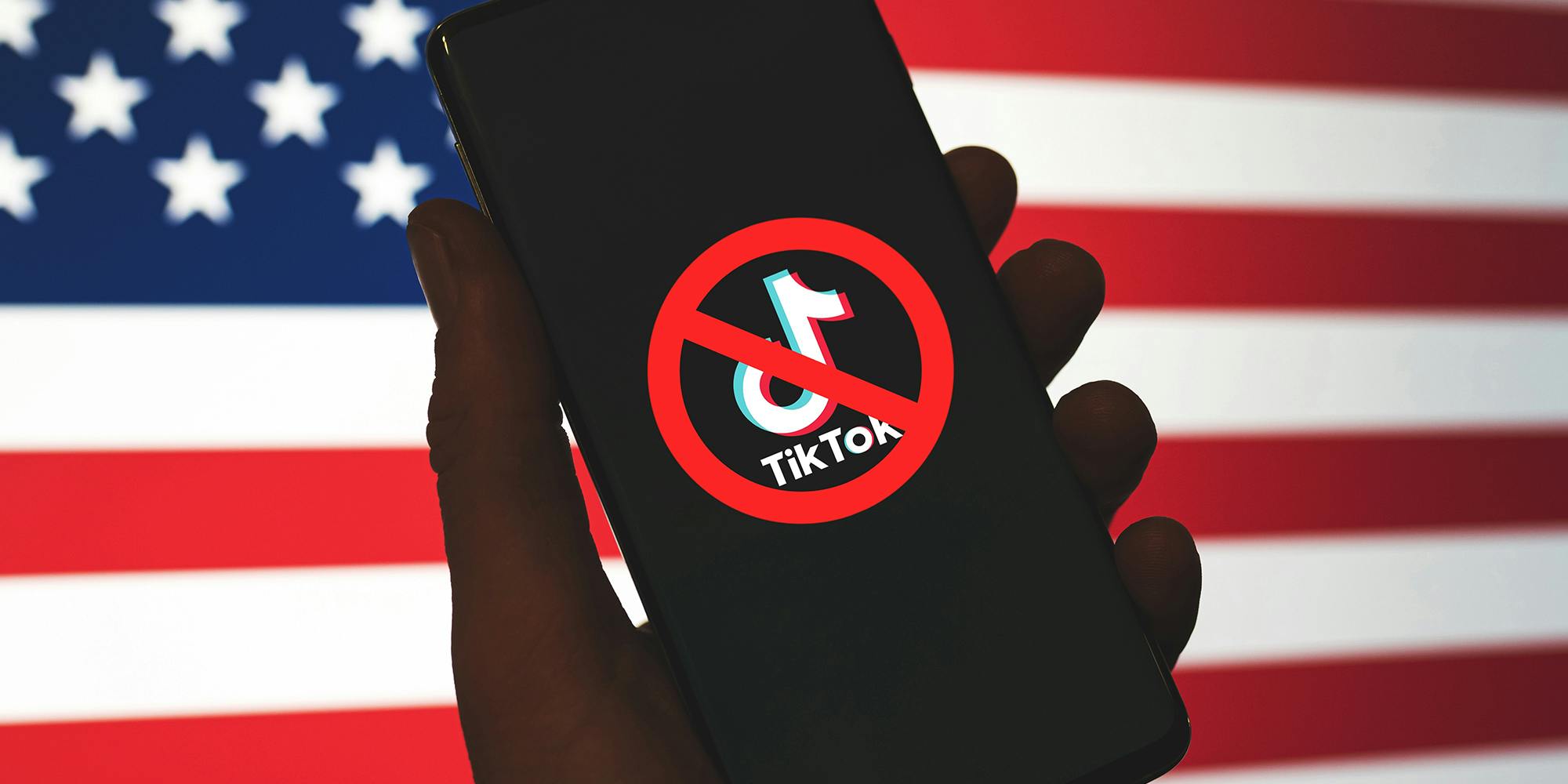TikTok Ban: Complete Look to Know the Full Story.
TikTok, a social media platform from ByteDance in China, might get banned in the U.S. The House of Representatives passed a bill. This bill could make ByteDance sell TikTok or face a ban. This action started a big debate. It raises questions about data security and control. People are also talking about what a ban would mean.

Government’s Justification for the TikTok Ban
Concerns are driving the potential TikTok ban. These concerns suggest that ByteDance, the parent company of TikTok, might share user data with the Chinese government. In this situation, fear is growing. There’s a fear that the Chinese Communist Party (CCP) might use TikTok. They could sway U.S. democratic processes. They might do this by pushing their agendas or gathering user data. These concerns are fueling more debates among lawmakers about a possible TikTok ban. A proposed bill aims to tag some social media platforms as threats. These platforms are those run by countries seen as foes of the U.S. The tag they want to use is ‘national security threat’.
TikTok’s Response
Addressing these concerns, Shou Zi Chew, TikTok’s CEO, has actively reassured lawmakers. He acknowledged that they had collected location data on U.S. users in the past but stated that current versions of the app do not collect precise location information. Chew urges TikTok’s 170 million users to protect their constitutional rights and make their voices heard.
User Reactions to the TikTok Ban
The potential TikTok ban has sparked varied reactions. Some users remain unfazed, sure that a new platform will rise if TikTok falls.
However, on the flip side, there are others, particularly those who earn from TikTok, who are voicing their concerns. They worry that the ban could harm their income, given its key role in their earnings.
Validity of the Concerns
Data security is a valid concern. Yet, some experts argue that the focus on TikTok is a distraction. They believe we need broad laws that cover all companies and apps. This would prevent misuse and sale of U.S. consumer data. They also point out that evidence of TikTok posing a national security risk is weak. They call for more detailed proof of harmful behavior to justify bans.
Potential Results of the TikTok Ban
A TikTok ban could have wide effects. It might change how we find music stars and how tech giants rule. It could also change how many Americans relax. The ban could hit content creators hard. They depend a lot on it for money. So, they could lose a lot if the ban happens.
TikTok’s Data Collection and Permissions

TikTok, like many apps, collects a lot of user data. This data falls into three types:
- User-provided data: When users create an account, they give this info to the app. It includes things like your name, email, profile info, and any data you create on your phone or browser.
- Automatically collected data: This is technical info like your devices, IP address, and location (with your permission). Most apps and websites collect this info to improve their services.
- Third-party data: This comes from TikTok’s partners or other users, not from using the app itself.
TikTok can collect user contact lists, access calendars, scan hard drives (even external ones), and track devices every hour. Reports show that it keeps asking for these permissions, even if a user says no at first.
For users under 13, although it only collects the account info they provide. This includes their username, password, and birthday. The app may also record device and network info, as well as in-app usage data.
Every app collects user data and uses it in different ways. But TikTok’s recent success, its powerful algorithm, and its roots outside the U.S. have raised some concerns about privacy and who can access user data.
A Hot Take: The Digital Cold War?

People link the TikTok ban to the ‘Digital Cold War’ between the U.S. and China. As tech becomes vital for power and security, both countries are vying for digital control.
This ban might be a step to curb China’s digital sway. This raises questions about global relations in the digital era. Will tech become more political?
This perspective is speculative and just one angle on the issue. But it underscores the issue’s complexity and its worldwide effect.
Speculations on Meta’s Market Domination

People are guessing that Meta, the firm behind Facebook and Instagram, might benefit from a TikTok ban.
Bernstein analysts suggest that Meta could pull in users and boost app use if TikTok gets banned. They also guess that Meta’s shares could go up by as much as 30%. This guess is based on the idea that TikTok users would need a new social media outlet. Instagram Reels could be that choice.
But it’s important to remember that these are just guesses. The real impact would depend on things like how users behave, competition, and the final outcome of the TikTok ban issue.
Conclusion
The TikTok ban idea brings up tough issues. These are about data security, control, and balancing national security with personal rights. As we keep debating, it’s key to look at all sides. We need a solution that keeps user data safe. But it should also not hold back innovation or limit free speech.
You think you have a story worth everyone’s time? SUBMIT A STORY and we will publish it.
Share this content:




Post Comment